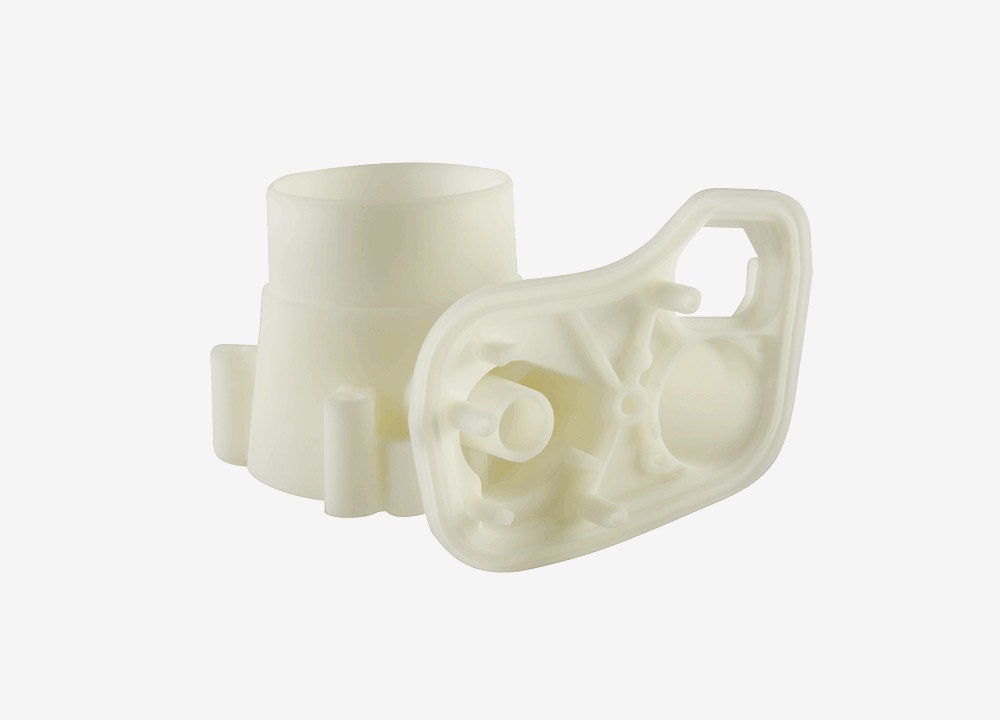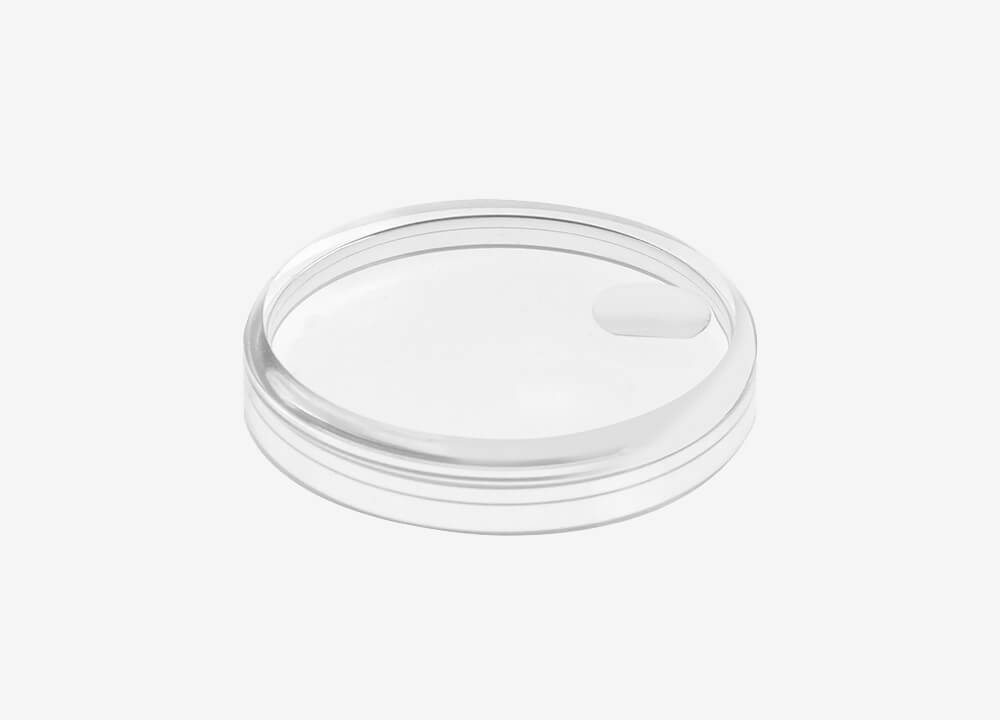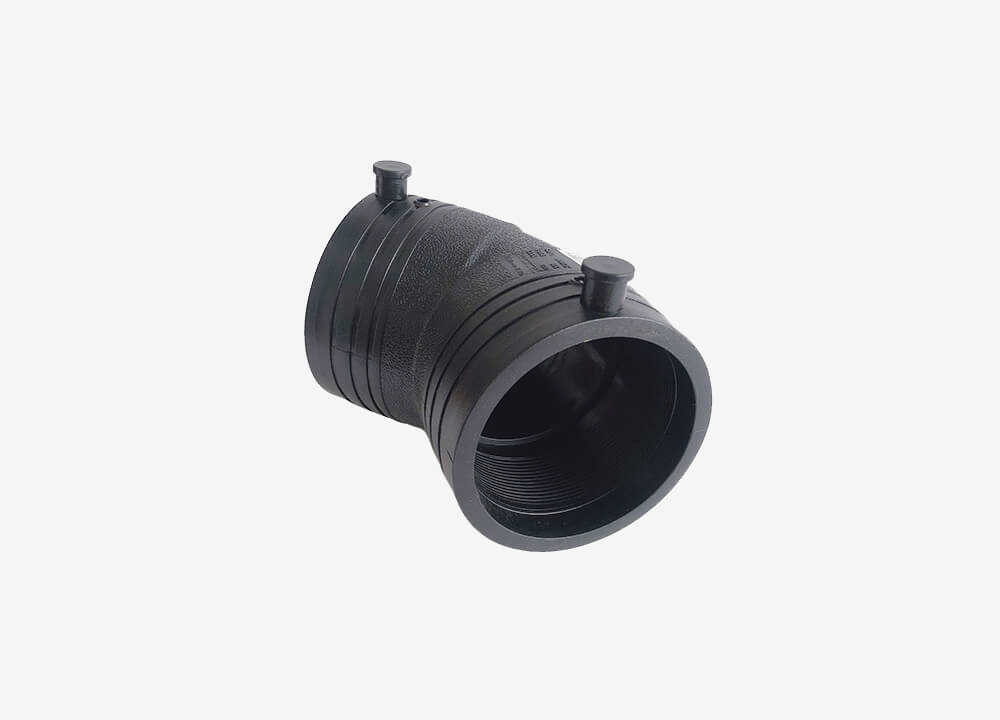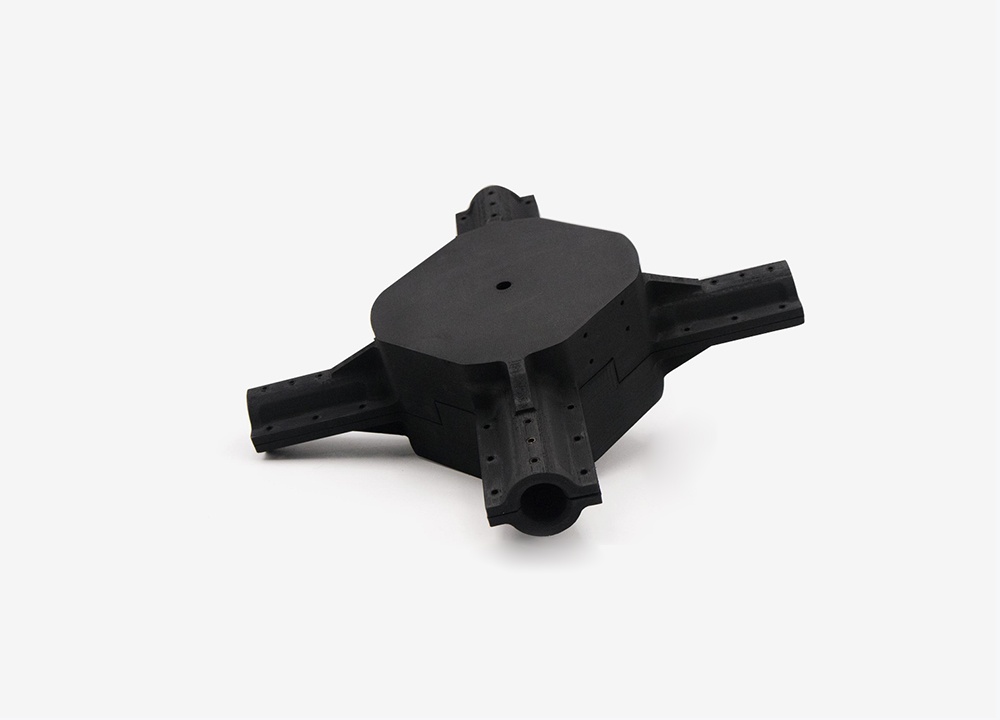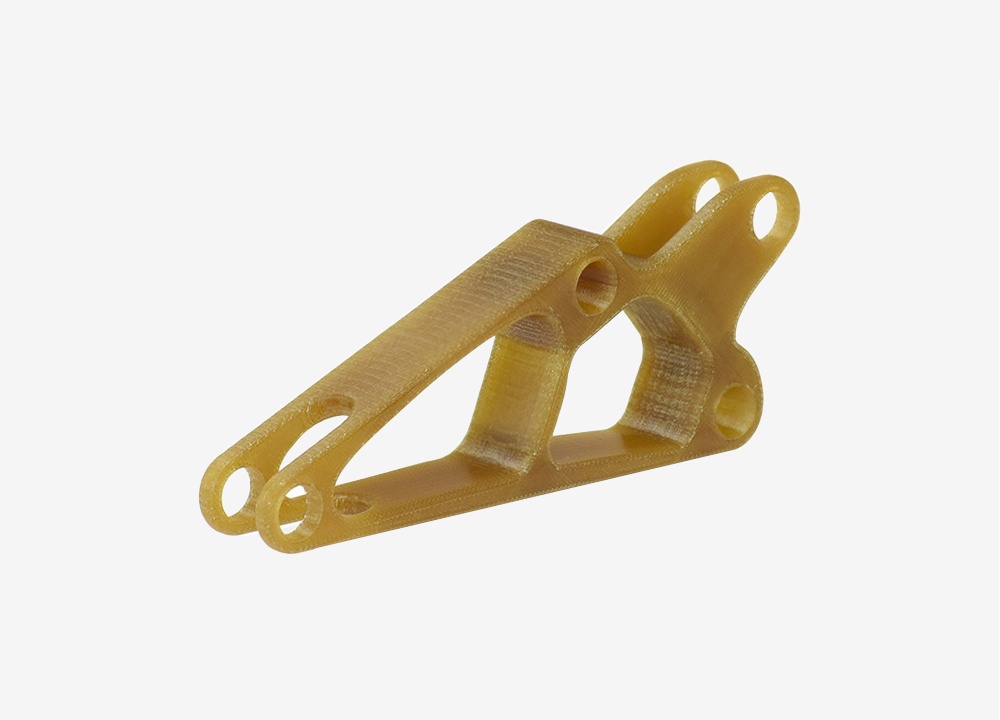As a premier CNC prototyping supplier of machined parts, Xiange provides computer numerical control (CNC) machining for a wide range of applications and industries. online CNC machining services
● Equipped with 3 axis, 4, and 5-axis CNC machining capability,
● On-demand custom cnc machining services
● Both small and large-volume orders with ease.
● Quick-turn prototypes are available within 24 hours & 21 days for production CNC parts.
BASIC PRINCIPLES
CNC (Computer Numerical Control) is a subtractive process where material is removed from a solid block (blank or workpiece) or a pre-formed part using a variety of cutting tools.
1) The final part geometry is defined by a CAD model normally supplied by the customer
2) The Machinist uses CAM software to prepare the cutting paths, and tool selections to needed to achieve the part
3) The paths are then output as Gcode which give the absolute machine instructions such as location and orientation of machine head, part and speed of any movement.
4) The machine is set up and the blank jigged in position.
5) The machine executes the Gcode to remove material creating the part, usually with minimal supervision.
CNC Machining Service
CNC Milling Service
CNC milling services are performed using multi-axis machine tools managed by state-of-the-art computer software. Our rapid milling process is the method par excellence for producing prismatic forms and complicated geometries.
Our CNC milling process is compatible with a great many raw materials. We use brass, stainless steel, hard plastics, titanium, and aluminum, among others.
With three-axis CNC milling prices starting at $10 per hour and 5-axis CNC milling center tolerances of up to 0.002″, our CNC milling services for prototype machining and production parts are remarkably cost-effective.
CNC Turning Services
We use high-quality, high-speed turning centers equipped with real-time tooling and automated bar feeders. Materials used in the turning process include aluminum, brass, rigid plastics, and mild or stainless steel.
CNC turning services are designed to create elaborate external geometries with internal bores that result in exceptionally tight tolerances and radiant surface finishes.
This process is appropriate for rapid prototypes, introducing new products, and low-volume production.
Electrical Discharge Machining (EDM)
EDM machining is a process by which electric spark erosion is used as a cutting tool to remove metal under controlled conditions. The spark literally erodes the workpiece. We can then transform the eroded workpiece into the desired size and shape.
This tool can be used to cut holes and pockets into hardened steel. EDM is often used to fashion square pockets. It’s also used to impart a surface texture to the internal cavities of mold tools.
A high-powered electric spark is discharged by a sacrificial electrode residing in an electrolyte bath. The electric spark can erode extremely hard materials that would resist erosion with any other method.
Wire EDM is a variation of EDM. In this case, an electrically charged wire that’s fed continuously between two spools can cut through-hardened tool steel at high speed with impressive accuracy.
Metal Materials of CNC Machining
Plastic Materials of CNC Machining
Our Capabilities
CNC machining is a subtractive manufacturing process that’s accomplished with the help of high-grade precision cutting tools and CNC Machines.
We use these implements to remove layers of raw material from a workpiece. The piece can then be recast into all manner of shapes and sizes to create a unique and custom cnc machining part or product.
CNC machining is predominantly used for manufacturing parts and prototypes. However, it has other uses. Xiange uses CNC machining to make the mold tools we use in our plastic injection molding process and during our pressure die casting operations. You can get a CNC machining services quote online.
3-Axis CNC Machining
Standard CNC machining operations for performing milling operations along X, Y, and Z axes. 3-axis machining is relatively simple, allowing the cutting tool to move back to front, side to side, and up and down.
4-Axis CNC machining
The 4-axis CNC machine creates part in the same manner as the 3-axis machines but includes an extra A-axis that facilitates the cutting tool's rotation along the X-axis. 4-axis CNC machining is very useful for cutting operations that require holes and cut-outs to be made around a cylinder or inside a piece.
5-Axis CNC machining
5-Axis CNC machines consist of all the axes in the 4-axis setup, with an additional B-axis. These are the best type of CNC machines available in the market today, perfect for creating intricate parts and precise geometries for artificial bones, automotive uses, and aerospace components. The 5th B-axis allows for more precision and control as it rotates around the Y-axis in the X-Y-Z plane. 5-axis machines are fast and efficient. They also offer single-step machining that shortens lead time and improves tool efficiency.
Accelerate Development with Xiange CNC Manufacturing
- Parts as fast as 2 days
- Tight tolerances
- Instant pricing
- DFM feedback to optimize your designs
- On-demand production updates
- Wide range of materials and finishing options
- Material certifications & certificates of conformity
- Industry leading security standards
- Free dimensional inspection reports
Finishes For CNC Machining
Xiange can produce parts by CNC Machining with tight tolerance+/-0.02mm and fine detail from a variety of metal or plastic materials.
Due to the subtractive nature of CNC, minor tool marks will be visible on the surface of the part after machining. A number of post-processing and finishing methods can be applied to improve the surface roughness, visual properties and wear resistance of the CNC machined parts.
Now we discuss the most common metal CNC finishes to help you select the most suitable surface finish for your application.
The available finishes are summarized below:
- As machined
- Sandblasting with Anodizing
- Hard anodizing
- Powder coating
- Nitriding
- Heat treatment
- E-coating
- Painting
Why Choose Xiange
We produce parts on special CNC machines that are ideal for sheet metal work. Due to this, our production has a number of significant advantages over other methods of manufacturing parts
Xiange will help you make quality prototypes and end pieces with our range of machining technologies. We have fabrication specialists with many years of experience in creating complex parts. From brackets to chassis, body frame, shrouds, and more, our sheet metal processing will provide you with great parts with dimensional accuracy.
High quality
Xiange will help you make quality prototypes and end pieces with our range of machining technologies. We have fabrication specialists with many years of experience in creating complex parts. From brackets to chassis, body frame, shrouds, and more, our sheet metal processing will provide you with great parts with dimensional accuracy.
Complete assemblies
Xiange will help you make quality prototypes and end pieces with our range of machining technologies. We have fabrication specialists with many years of experience in creating complex parts. From brackets to chassis, body frame, shrouds, and more, our sheet metal processing will provide you with great parts with dimensional accuracy.
Instant quotation and design For production
CNC Machining FAQs
What is CNC machining?
CNC machining is a wide-ranging manufacturing category involving multiple computer-managed processes. The objective is to remove enough raw material from a piece to achieve a state of near completion.
Recieve a Custom Quote
Need a precision engineered component? Click below to receive a rapid quote from our team.


























